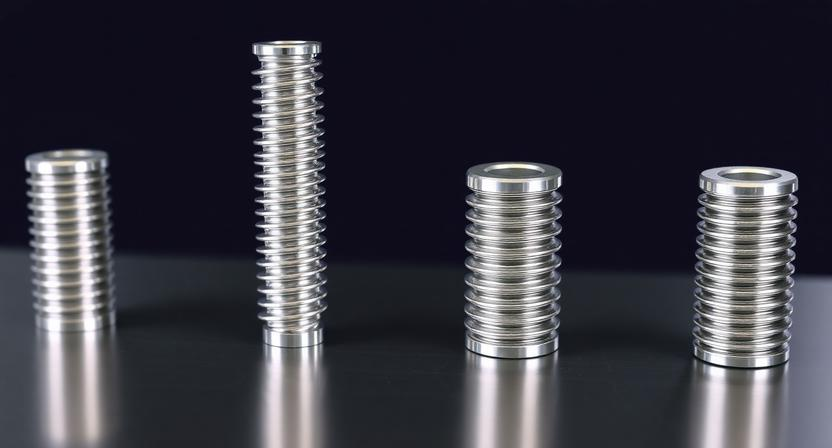Medical implants must use ASTM F136 (Titanium Grade 23, or Ti-6Al-4V ELI) because it is the mandatory regulatory standard that guarantees the material meets three critical requirements for long-term implantation in the human body [1]:
Superior Biocompatibility: The material must be non-toxic and non-allergenic, which is ensured by the stable, passive titanium dioxide (TiO₂) layer.
Enhanced Safety (ELI): The Extra Low Interstitial (ELI) designation ensures maximum ductility and fracture toughness, preventing catastrophic failure under fatigue stress.
Mechanical Suitability: The high strength-to-weight ratio and low elastic modulus are ideal for orthopedic and dental applications, minimizing stress shielding [2].

The primary reason for mandating ASTM F136 over the standard Ti-6Al-4V (Grade 5) is the ELI requirement. Interstitial elements like Oxygen, Nitrogen, and Carbon increase the material's strength but decrease its ductility and fracture toughness. In an implant, a small crack that propagates due to fatigue can lead to failure. The lower interstitial content in F136 ensures:
Maximum Ductility: The material can withstand more plastic deformation before fracturing.
Superior Fracture Toughness: The material is highly resistant to crack propagation, which is essential for components under constant, cyclical loading (e.g., hip stems, spinal rods).
| Property | Medical Requirement | Why F136 (ELI) Excels |
|---|---|---|
| Biocompatibility | Must not cause adverse reaction. | Forms a stable, inert TiO₂ layer that is non-toxic and non-allergenic. |
| Fracture Toughness | Must resist crack propagation under fatigue. | ELI's low oxygen content maximizes toughness and ductility. |
| Strength-to-Weight | Must be strong but lightweight. | High strength allows for smaller, less invasive implants while maintaining structural integrity. |
| Corrosion Resistance | Must not degrade in the body's saline environment. | Immune to corrosion in physiological fluids, preventing the release of harmful ions. |
The use of ASTM F136 is not merely a recommendation; it is a regulatory necessity in most global markets. Medical device manufacturers must prove that their materials meet this standard to gain approval from bodies like the FDA (USA) and CE (Europe). The equivalent international standard is ISO 5832-3, which aligns closely with F136 to ensure global consistency in implant quality [3].
As a manufacturer specializing in high-purity titanium, we supply ASTM F136 (Ti-6Al-4V ELI) in bar, plate, and wire forms, guaranteed to meet the stringent chemical and mechanical requirements for surgical implants. Our materials come with complete traceability and all necessary certifications to streamline your regulatory approval process.
Contact Our Medical-Grade Titanium Specialists for Certified Material.